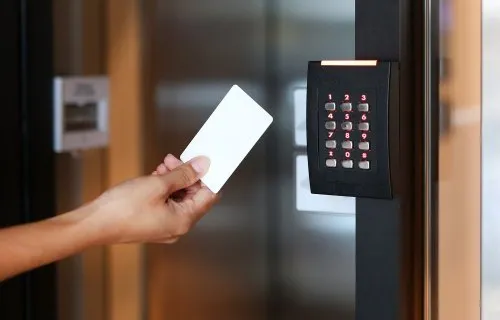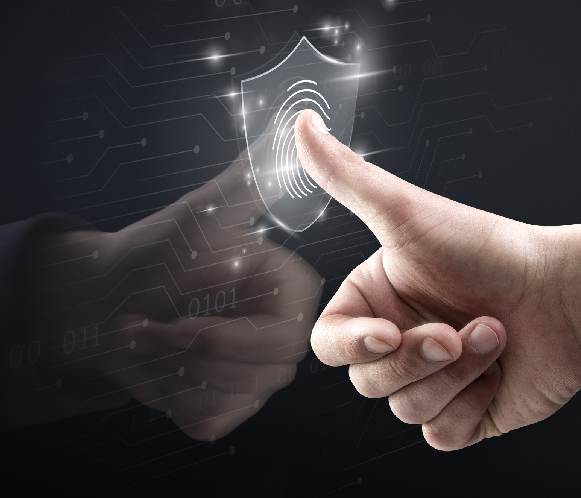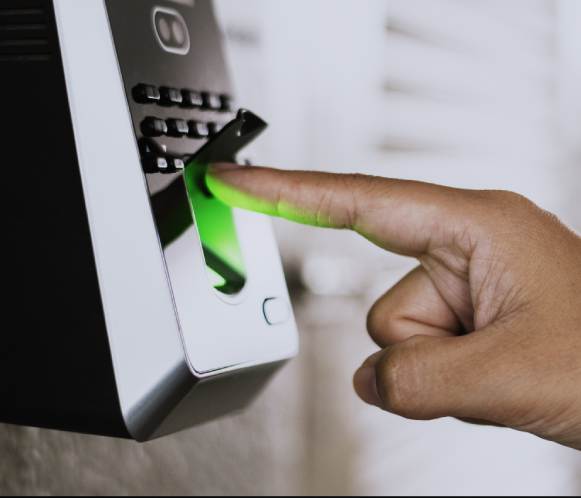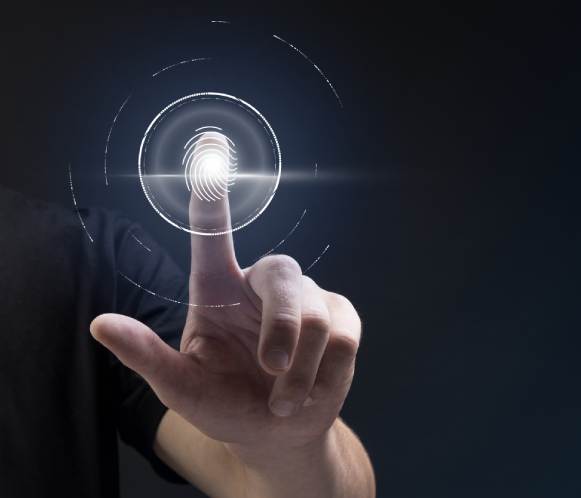
The Power of Control Systems
An access control system is a pivotal security solution that governs entry to buildings, specific areas, or resources, ensuring authorized access only. By managing and regulating entry points, it bolsters security, safeguarding assets and sensitive areas. These systems employ diverse technologies, ranging from keypads to biometric scanners, to monitor and control access. Through comprehensive authorization protocols, they enhance security measures, restricting unauthorized individuals or entities from accessing designated spaces. Access control systems play a critical role in maintaining a secure environment while efficiently managing the flow of authorized personnel or visitors.


